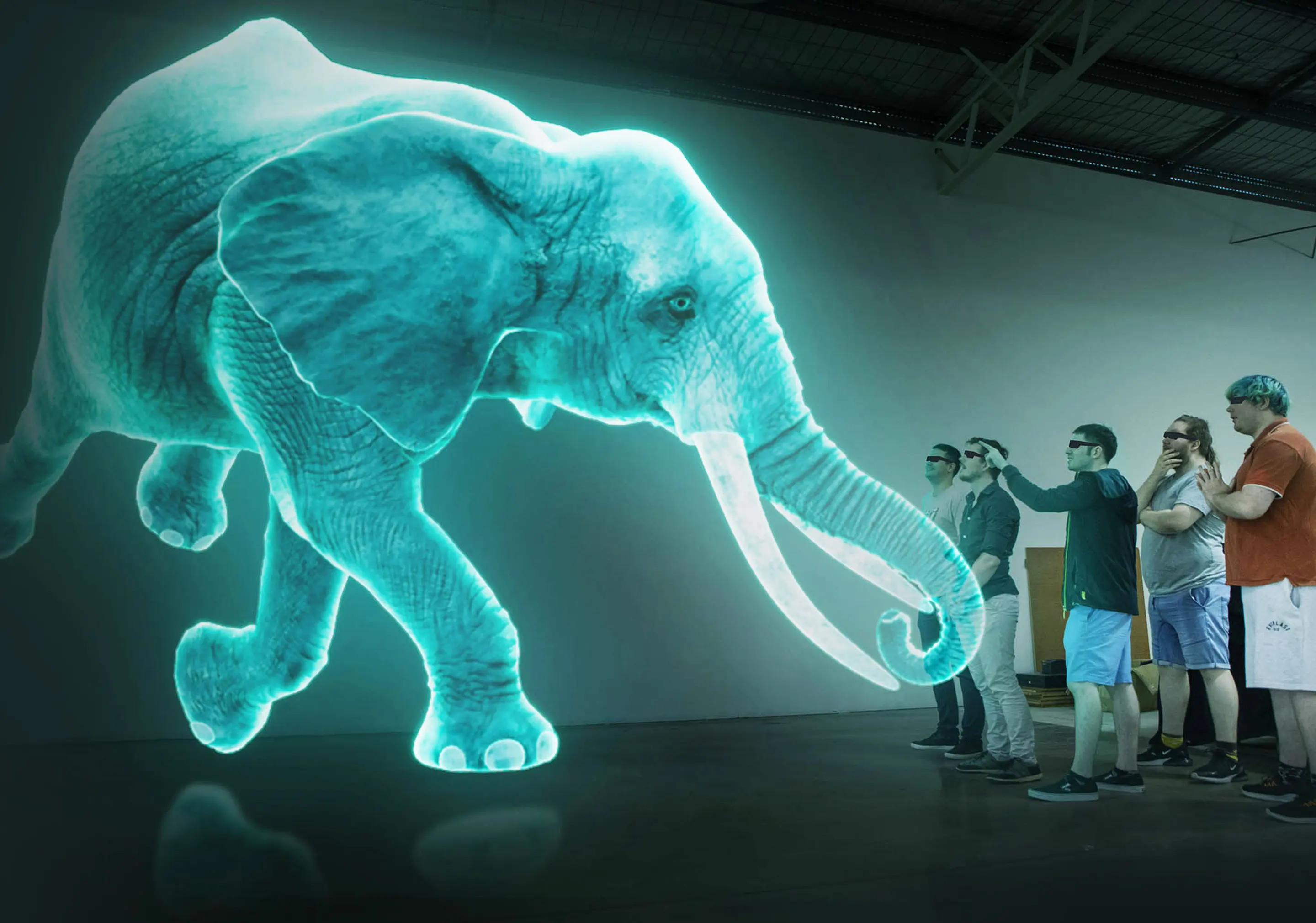
In a groundbreaking leap into the realm of wearable technology, Apple has recently secured a patent that showcases their innovative vision for the future of wireless earbuds.
The patent reveals plans to integrate brain wave-detecting sensors into their iconic AirPods, potentially revolutionizing how we interact with our devices and ushering in a new era of personalized and intuitive user experiences.
If we talk about Apple’s history, especially about AirPods, since their initial launch in 2016, it become synonymous with wireless audio convenience and sleek design. With subsequent iterations, the AirPods Pro and AirPods Max, Apple has continually pushed the boundaries of what wireless audio can offer.
Now, their latest patent suggests an even more ambitious endeavor – merging neurotechnology with audio technology.
Brain Wave-Detecting Sensors
The main feature of this patent lies the integration of brain wave-detecting sensors within the AirPods. These sensors would have the capability to detect and interpret electrical signals produced by the brain. This concept opens up a plethora of possibilities, ranging from seamlessly controlling audio playback to providing real-time health insights.
According to patent outlines, it is a system where the AirPods sensors would pick up on brain wave patterns and translate them into actionable commands. For instance, by simply focusing your attention or engaging in specific thought patterns, users could potentially pause or resume audio playback, adjust volume, or even answer calls – all with the power of their minds.
While the potential for effortless audio control is tantalizing, Apple’s patent extends beyond entertainment. The brain wave-detecting sensors could offer valuable health-related applications. By monitoring brain wave patterns, the AirPods could potentially detect stress levels, aid in meditation, or even provide early warnings for neurological conditions.
Privacy and Ethical Considerations
As we know, the advancement of technology is mostly concerned directly or indirectly with the private information of users. According to patent details, Apple has long been committed to user privacy, and the patent also emphasizes that brain wave data would be handled with utmost sensitivity and security. Striking the balance between convenience and safeguarding user data will undoubtedly be a critical aspect of bringing this innovation to fruition.
Challenges and Future Prospects
While Apple’s patent unveils an awe-inspiring concept, several challenges lie ahead before brain wave-detecting AirPods become a reality. Technical feasibility, user acceptance, and regulatory approvals are among the hurdles that must be addressed.
Apple’s this recent patent revealing AirPods with brain wave-detecting sensors represents a remarkable fusion of neuroscience and audio technology.
If this idea comes to life, it could change the way we use smart devices, giving us more control over our digital lives and even improving our health. As we excitedly wait for more news, it’s clear that Apple is once again leading the way in pushing the limits of technological progress.







